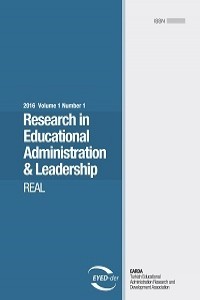Abstract
References
- Anyon, J. (1981). Social class and school knowledge. Curriculum inquiry,11(1), 3-42.
Abstract
Excellence and
equality is an essential goal of compulsory education in China. This
goal, however, is difficult to achieve in practice because of the difficulties
in balancing between excellence and equality and in
sustaining equality as a result of resource redistribution. This article uses
the data of the nationally representative China Education Panel Survey (CEPS)
and discusses the possibility of advancing educational excellence and equality
in compulsory education based on Coleman's theory of social
closure. To be more specific, social capital can be increased by means of
school-family cooperation so as to achieve excellence and equality in compulsory
education. Our main findings include: first, school-family
cooperation system is conducive to the growth of social capital for families;
second, it adjusts the direct influence of family background on the social
closure production; third, it helps achieve excellent development of compulsory
education by increasing family social capital; finally, the school-family
cooperation system facilitates even distribution of social capital among
different classes and equal development of compulsory education. On such a
basis, this paper further discusses the policy implications of these findings.
References
- Anyon, J. (1981). Social class and school knowledge. Curriculum inquiry,11(1), 3-42.
Details
| Primary Language | English |
|---|---|
| Journal Section | Articles |
| Authors | |
| Publication Date | December 30, 2017 |
| Published in Issue | Year 2017 Volume: 2 Issue: 2 |
Cite
Cited By
Creativity, Practical Ability, Self‐Identity: Public Art Practice with Primary School Students in China
International Journal of Art & Design Education
https://doi.org/10.1111/jade.12531





